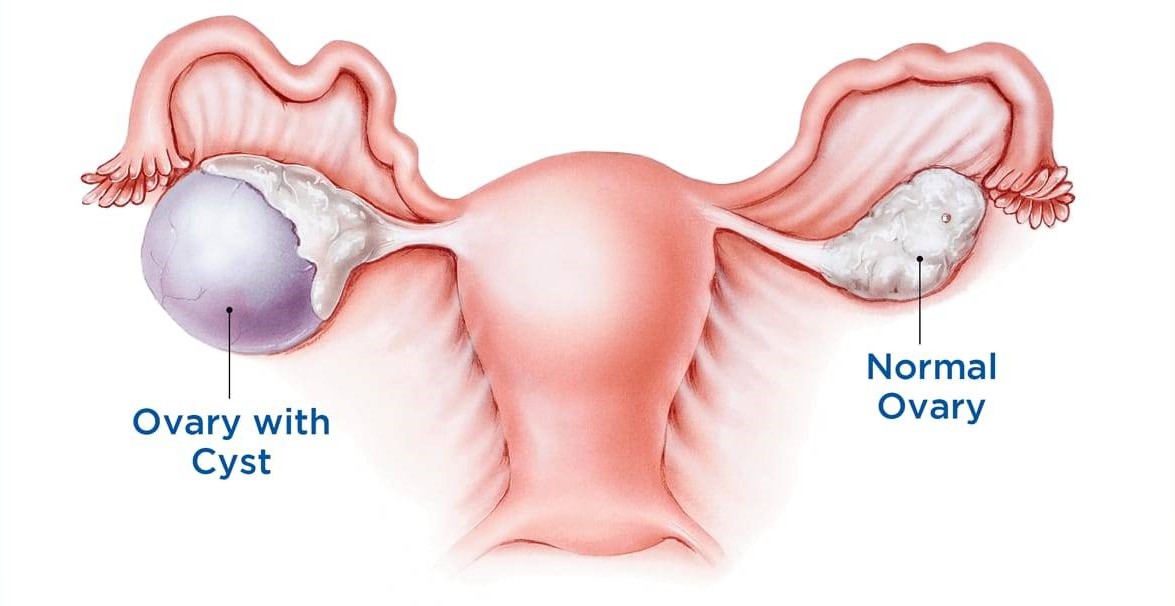
26 Jul Minimally Invasive Surgery for Ovarian Cysts: What You Need to Know
Minimally invasive surgery (MIS) has revolutionized the treatment of ovarian cysts, offering patients effective relief with faster recovery times and fewer complications compared to traditional open surgery. If you’re facing ovarian cysts and considering surgical options, understanding the procedures, benefits, and recovery process is essential for making informed decisions about your health.
Understanding Ovarian Cysts
Ovarian cysts are fluid-filled sacs that can develop on or inside the ovaries. While many cysts are harmless and resolve on their own, some may cause pain, discomfort, or complications such as twisting (torsion) or rupturing. Surgical intervention may be necessary for cysts that are large, persistent, or causing symptoms.
Types of Minimally Invasive Surgery
1. Laparoscopic Cystectomy:
- Procedure: Small incisions are made in the abdomen, through which a laparoscope and surgical instruments are inserted. The cyst is then carefully removed while preserving the healthy ovarian tissue.
- Benefits: Reduced risk of scarring, infection, and shorter recovery time compared to open surgery.
2. Robotic Surgery:
- Procedure: Similar to laparoscopic cystectomy but with the assistance of robotic arms controlled by the surgeon. Robotic surgery allows for greater precision and flexibility in complex cases.
- Benefits: Enhanced surgical dexterity, minimal tissue trauma, and faster recovery.
Advantages of Minimally Invasive Surgery
- Faster Recovery: Patients typically experience less pain and can resume normal activities sooner compared to traditional surgery.
- Reduced Hospital Stay: Most minimally invasive procedures are performed on an outpatient basis or require a shorter hospital stay.
- Minimal Scarring: Small incisions result in less noticeable scars and reduced risk of wound complications.
- Lower Risk of Infection: Reduced exposure of internal organs to external contaminants lowers the risk of post-operative infections.
Recovery Process
- Post-Operative Care: Follow your surgeon’s instructions regarding wound care, pain management, and activity levels.
- Monitoring: Attend follow-up appointments to monitor healing, review pathology results, and discuss any concerns.
Conclusion
Minimally invasive surgery for ovarian cysts offers significant advantages in terms of recovery time, reduced complications, and improved cosmetic outcomes. By choosing a skilled gynecologist like Dr. Usha M Kumar, you can ensure personalized care and optimal outcomes for your ovarian health. She is renowned as the best gynecologist in Delhi, specializes in minimally invasive gynecological surgeries, including ovarian cyst removal. Contact her at +91-9999293741 to schedule a consultation and explore your treatment options.




Sorry, the comment form is closed at this time.